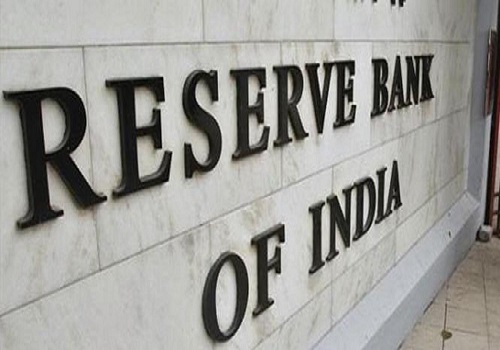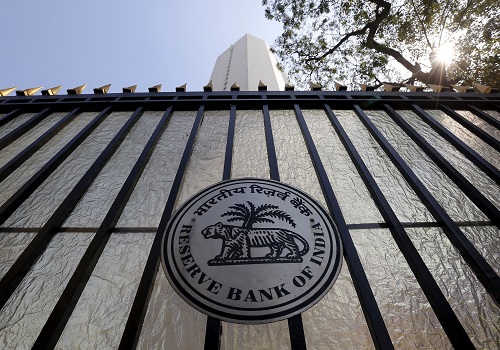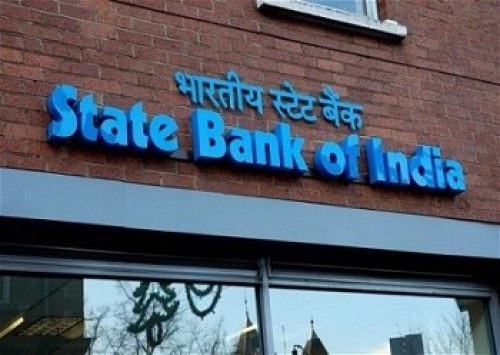RBI relaxes regulations to boost forex inflows

Follow us Now on Telegram ! Get daily 10 - 12 important updates on Business, Finance and Investment. Join our Telegram Channel
The Reserve Bank of India (RBI) on Wednesday announced a series of measures to boost foreign exchange inflows.
The central bank said that it has taken the steps in order to further diversify and expand the sources of forex funding so as to mitigate volatility and dampen global spillovers.
India's foreign exchange reserves stood at $593.3 billion as on June 24, 2022, supplemented by a substantial stock of net forward assets, it said.
The RBI has exempted incremental Foreign Currency Non-Resident Bank (FCNR-B) and Non-Resident (External) Rupee (NRE) deposit liabilities for computation of Net Demand and Time Liabilities (NDTL) for maintenance of cash reserve ratio (CRR) and statutory liquidity ratio (SLR) by the banks.
This will be effective from the reporting fortnight beginning July 30, 2022 with reference base date of July 1.
"This relaxation will be available for deposits mobilised up to November 4, 2022. Transfers from Non-Resident (Ordinary) (NRO) accounts to NRE accounts shall not qualify for the relaxation," the RBI said.
It also decided to temporarily permit banks to raise fresh FCNR(B) and NRE deposits without reference to the extant regulations on interest rates, with effect from July 7, 2022. This relaxation will be available for the period up to October 31, 2022.
The RBI also relaxed rules relating to foreign portfolio investment in debt by allowing all new issuances of government securities (G-Secs) of 7-year and 14-year tenors, including the current issuances of 7.10 per cent GS 2029 and 7.54 per cent GS 2036, under the Fully Accessible Route (FAR).
It also decided that investments by FPIs in government securities and corporate debt made till October 31, 2022 will be exempted from the macroprudential short term limit - not more than 30 per cent of investments each in government securities and corporate bonds can have a residual maturity of less than one year.
These investments will not be reckoned for the short term limit till maturity or sale of such investments.
As part of the macroprudential framework under the medium term framework (MTF), foreign portfolio investors (FPI) can invest only in corporate debt instruments with a residual maturity of at least one year.
The central bank has decided that FPIs will be provided with a limited window till October 31, 2022 during which they can invest in corporate money market instruments viz., commercial paper and non-convertible debentures with an original maturity of up to one year.
The FPIs can continue to stay invested in these instruments till their maturity/sale. These investments will not be included for reckoning the short term limit for investments in corporate securities.
According to the RBI, Authorised Dealer Category-1 (AD Cat-I) banks can utilise overseas foreign currency borrowings (OFCB) for lending in foreign currency to entities for a wider set of end-use purposes, subject to the negative list set out for external commercial borrowings (ECBs).
The measure is expected to facilitate foreign currency borrowing by a larger set of borrowers who may find it difficult to directly access overseas markets. This dispensation for raising such borrowings is available till October 31, 2022.
As regards the external commercial borrowings (ECB) the RBI has temporarily increased the limit under the automatic route from $750 million or its equivalent per financial year to $1.5 billion.
The all-in cost ceiling under the ECB framework is also being raised by 100 basis points, subject to the borrower being of investment grade rating. The above dispensations are available up to December 31, 2022.
























